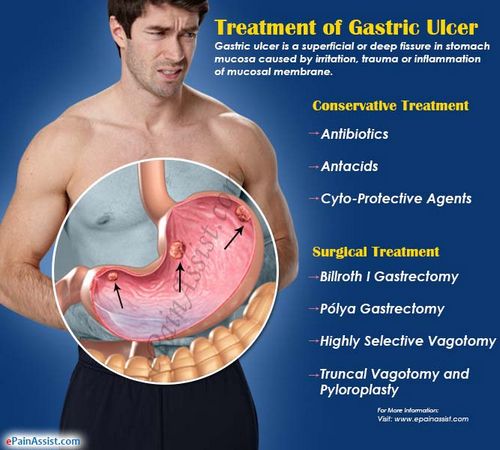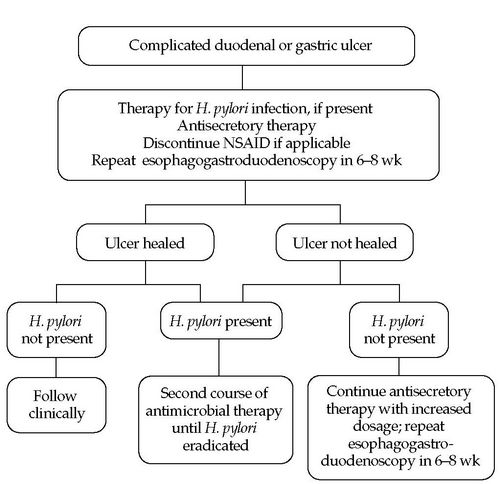Stomach Ulcer Treatment – Surgery is Often the Only Cure

Stomach ulcer or duodenal ulcers are two main types of ulcers depending on which part of the gastrointestinal tract has ulcers or sores. Ulcerous duodenum (duodenal ulcers) are ulcers or sores that develop in the small or large intestine. Ulcer of the pancreas is another type of duodenal or pancreatic ulcer and may also occur in both the duodenum and the pancreas.
A stomach ulcer treatment is required in both cases. The common ulcer therapy for duodenal or pancreatic ulcers is supportive measures that can alleviate the symptoms, such as taking antacids. The treatment for stomach ulcers may also include surgery for a more extensive ulcer treatment.
Stomach ulcers are a common complication after stomach surgery. Antacids can help relieve the pain. The medications used for this kind of ulcer therapy are usually designed to reduce gastric acidity and thus prevent ulcers from occurring. Some medicines can also make the affected part more resistant to stomach acids and thus prevent them from spreading into the stomach. For example, aspirin can help reduce gastric acid production and prevent a stomach ulcer from developing.
Stomach ulcer therapy can also include changing the diet of an individual. Changing the diet is a good way of reducing gastric acids. Some foods that contain high levels of stomach acid can also be a contributing factor in causing stomach ulcers or duodens. Foods that are high in purines include liver, kidney, and red meat, as well as citrus fruits and potatoes.
If the person suffering from stomach ulcers is taking some other medication, it is advisable to remove or reduce the dosage of the medication for at least two weeks to see if the ulcers disappear. In some cases, surgery may be necessary. Surgery for stomach ulcers may include a procedure called debridement, which involves removing the damaged parts of the intestine, and surgical stapling, which involve placing stapling material in order to stop the blood supply to the affected area. It can also involve using a laser to burn the affected tissue. or burning the ulcer with a heat ray.
If your doctor believes that stomach ulcers may have progressed to the point where surgery is necessary, you may need to undergo chemotherapy.

If the disease is very serious, your doctor may recommend a course of radiotherapy or an intestinal biopsy, which uses x-rays or radio waves to determine whether the cancer is still present or has progressed. Surgery is not the only treatment that is available. In severe cases of duodenal or pancreatic ulcers, medications such as steroids may be prescribed or surgery may be performed.
There is no cure for stomach ulcers, but there are ways to treat them and prevent them from recurring. Surgery for stomach ulcers is often only recommended in very serious cases of duodenal or pancreatic ulcers, and the treatments may be used together or in conjunction. A stomach ulcer treatment that consists of surgery alone can sometimes be enough to control the symptoms and prevent the ulcer from returning. However, if the ulcers are only painful or cause bleeding and fever, surgery may not be sufficient to relieve the pain and make the ulcers go away completely.
Other than surgery, ulcer therapy for duodenal or pancreatic ulcers includes drugs that reduce pain, or antihistamines that can prevent the symptoms from coming on in the first place. Anti-inflammatory drugs are commonly used for stomach ulcers because they reduce inflammation and relieve pain. Stomach ulcer treatment may also include a course of antibiotics to kill bacteria, or a course of immunosuppressive medications in order to prevent the infection from coming back.
